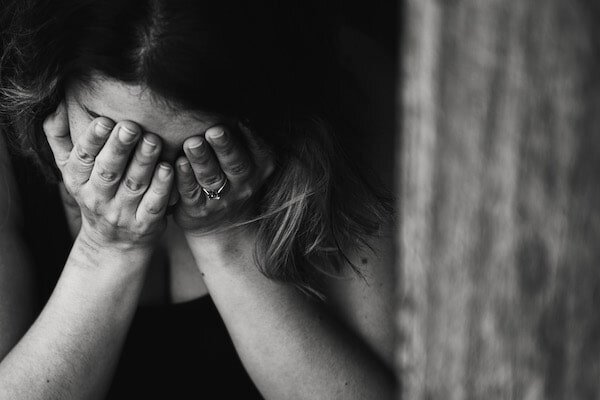This month we are talking with Dr. Jane Rubin about the connection between anxiety and shame. Dr. Rubin talks about how you can reduce your anxiety by understanding how shame contributes to it.
What Kinds of Shame Do You See in Clients?
First of all, I think it’s important to understand the difference between shame and guilt. We experience guilt when we feel bad about something we have or haven’t done. The guilt is about the action. We experience shame when we feel bad about ourselves. For example, I may feel bad that I hurt a friend’s feelings. If I’m feeling guilty, I’ll apologize to the friend and, if she accepts my apology, I won’t feel guilty anymore. However, if I feel that I hurt my friend’s feelings because I’m a bad person, I’m now feeling shame. Even if I apologize to my friend, I may continue to feel that whatever is wrong with me will cause me to hurt other people in the future.Not every person who struggles with anxiety struggles with shame. But, for those who do, treating their shame is crucial to treating their anxiety.
Do Your Patients See the Link Between Anxiety and Shame?
In my experience, they usually don’t initially connect the two at all. For example, I’ve worked with many people over the years who struggle with social anxiety. Because they’re convinced that they’re always going to say or do the wrong thing, social situations are torturous for them.Interestingly, most of these people have very good social skills. Because they’re so worried about offending people, they go out of their way to be polite and courteous. Nevertheless, they’re terrified that they’re going to do something that will cause them to be rejected by other people.Where does this belief come from? Usually, these clients had parents who weren’t emotionally available to them. Some had parents who were critical and rejecting. Others had parents who were emotionally unavailable. Because my clients consistently had the experience that the people they turned to for emotional support didn’t provide it, my clients concluded that there must be something wrong with them. If only they were better, they would get the support they needed.All of us generalize our early experiences in our families to our experience of the world at large. My clients concluded that, because they were so deeply flawed, everyone else would respond to them the way their parents did. That’s why social situations became so fraught with anxiety for them.
It Seems Like the Anxiety and Shame Relationship Reinforce Each Other?
Yes, I agree. For instance, I’ve worked with many people who have obsessive-compulsive symptoms. They feel that they have to do things perfectly in order to be acceptable to themselves and others. Many of them have rituals they need to perform before they can leave the house in the morning, before they make an important purchase, or prior to approaching other situations that make them anxious. While OCD often has a biological component, my clients’ experiences in their families also played a crucial role in the development of their symptoms. Many of them had anxious parents who were worried that the slightest mistake would have catastrophic consequences. Their parents were very focused on the tiniest details, such as whether they set the table with the silverware placed absolutely correctly or whether they wrote thank you notes immediately after they went to a friend’s house for dinner. There was often a direct or implied threat that, if my clients didn’t do these things, other people would reject them.It’s impossible to do everything perfectly. But, since my clients experienced perfection as a requirement from their families, they came to believe that their imperfections were their fault. No matter how well they did at work or in relationships, they were constantly anxious that they would do something wrong because there was something deeply wrong with them.
How Does Therapy Help These Clients?
Many people who experience severe anxiety think there is something terribly wrong with them. When they come to therapy, they hope that therapy will fix what’s wrong.Therapy actually helps people by helping them to see that their anxiety comes from their belief that something is wrong with them and that this belief has its roots in their early relationships. As I’ll discuss in future posts, letting go of this belief is often more difficult than people anticipate. But, with the help of a good therapist, it’s possible to reduce the power of this belief and lead a calmer, less anxious life.
Do You Have Any Advice?
I do. Often, dealing with anxiety can feel playing an endless game of Whack-A-Mole. As soon as one anxiety is conquered, another one pops up. If you’re feeling that you can never get out ahead of your anxiety, it’s time to seek treatment. Therapy can help you to understand and resolve the shame that’s powering your anxiety and relieve you of its burden. Click to learn more about anxiety therapy and treatment with Dr. Jane Rubin.Jane Rubin, Ph.D., is a clinical psychologist in Berkeley, California. She works with individuals in Berkeley, Oakland, the East Bay and the greater San Francisco Bay Area who are struggling with depression and anxiety. She also specializes in working with people who are trying to find meaning and direction in their lives.


